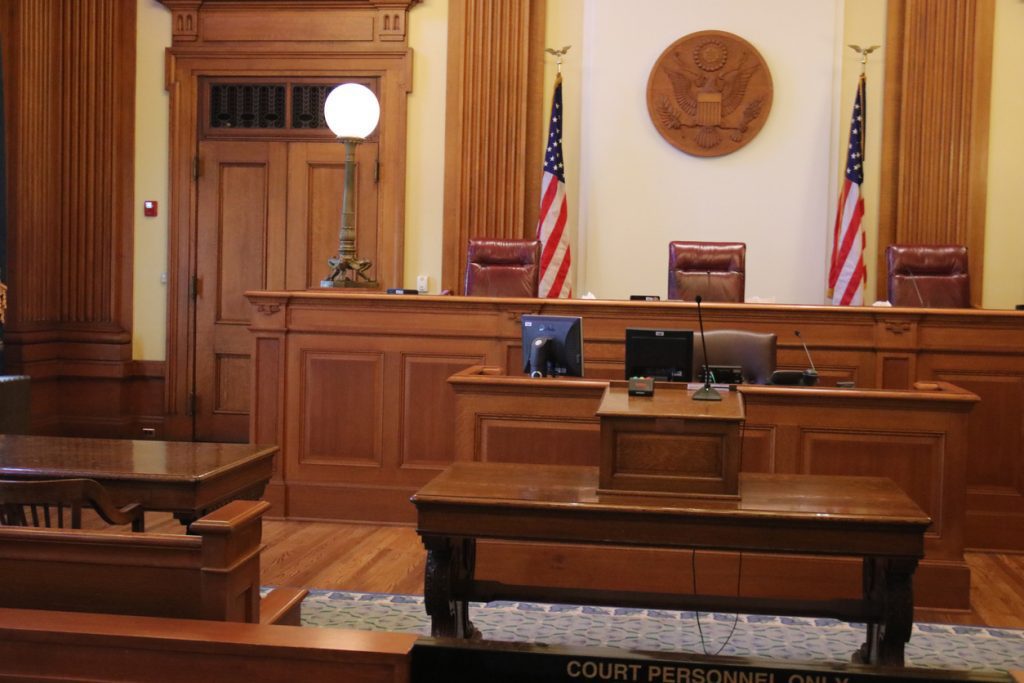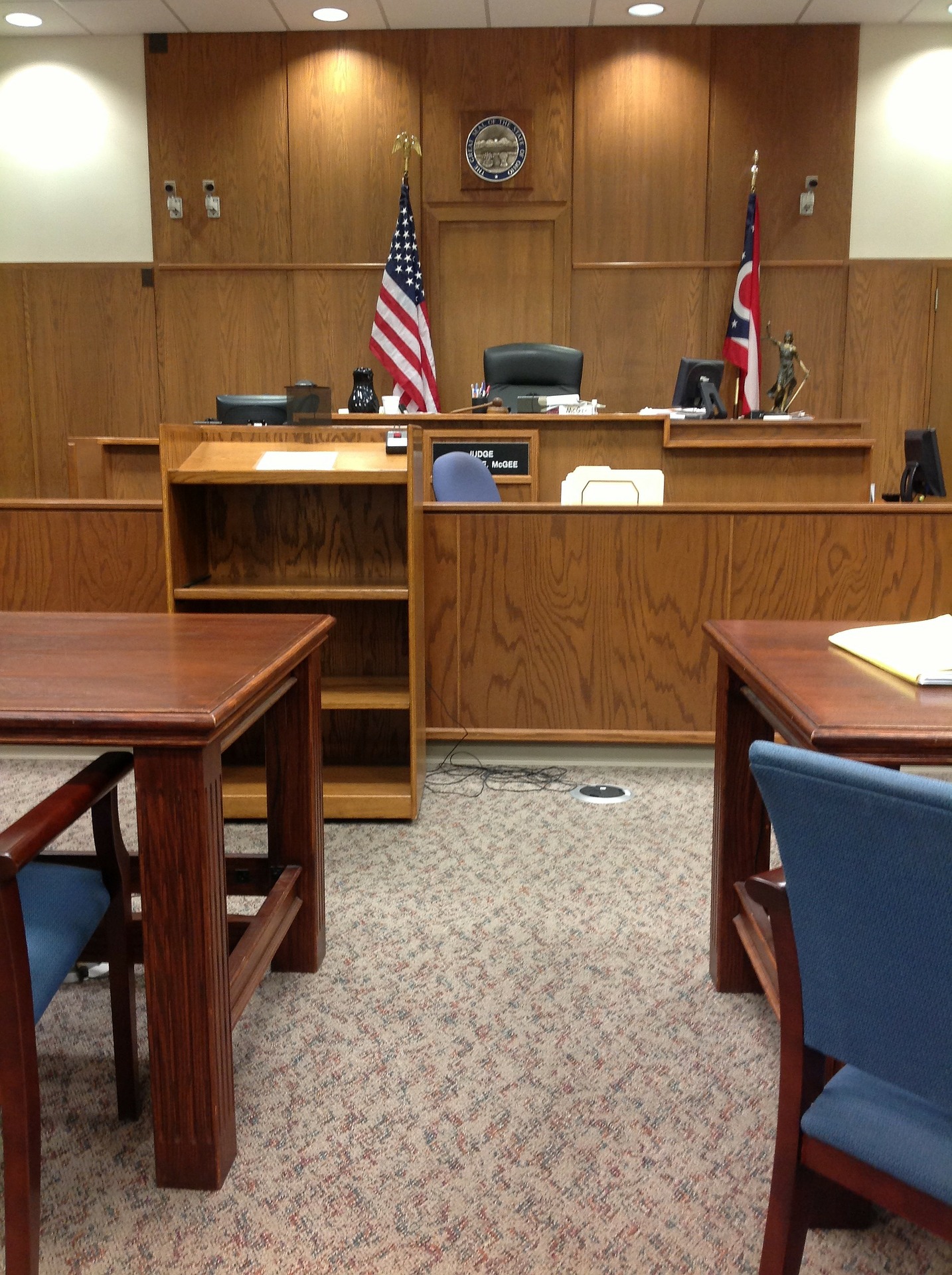Generally speaking, depositions are not freely available in criminal cases. In federal criminal cases, judges may allow you to depose witnesses in a criminal case under very limited circumstances. The same rule generally applies in most states. One reason is that a deposition serves a different purpose in a criminal case from its broad discovery purpose in civil matters.
Are depositions different in civil cases than they are in criminal cases?
In civil cases, depositions are commonly available as a tool for discovery. A deposition — a person’s out-of-court testimony under oath — is usually taken in front of a court reporter and often is also videotaped. Depositions allow the civil parties and the court to record what a person witnessed about a case and preserve the testimony for trial. In civil matters, depositions also allow the parties to evaluate the other side’s evidence and determine whether they are better off settling their private dispute.
Depositions in criminal cases serve different goals altogether. Preserving testimony so that it is available at trial is crucial. In addition, the accused’s right to confront witnesses against them, guaranteed by the US Constitution under the Sixth Amendment Confrontation Clause, also applies during the process. Indeed, if the parties must depose a material witness, the accused has a constitutional right to attend the deposition. The accused’s attorney must have the opportunity to question the witness, just as would happen in open court at trial.
On the other hand, the Fifth Amendment right against self-incrimination means that the government can never compel the accused to provide a deposition in a criminal case. Therefore, the prosecution never needs to request a deposition of the defendant.

Are there rules allowing you to depose witnesses in a criminal case?
Yes. The rule governing depositions in federal criminal cases is Federal Rule of Criminal Procedure 15. That rule states, in relevant part, as follows: “A party may move that a prospective witness be deposed in order to preserve testimony for trial. The court may grant the motion because of exceptional circumstances and in the interest of justice. If the court orders the deposition to be taken, it may also require the deponent to produce at the deposition any designated material that is not privileged, including any book, paper, document, record, recording, or data.”
Therefore, under this rule, the parties must show the court there are exceptional circumstances to take a deposition in a criminal case.
As for state criminal cases, most states also limit depositions in criminal cases to instances when a judge finds that an important witness is likely unavailable to testify at trial. The witness must be material. A material witness is a witness whose testimony is important enough to influence the trial’s outcome. (Several states allow criminal case depositions to proceed without the prior approval of a judge.)
In this context, a material witness becoming potentially unavailable is a good reason to permit a deposition in a criminal case. Unavailability covers issues such as health, age, security and safety, incarceration or custody status (including deportation) and other similar circumstances.

The Takeaway:
The availability of depositions in criminal cases remains quite limited, subject to court approval in federal cases and most states. Specifically, the court will inquire whether the witness will be available to testify at the trial or whether other exceptional circumstances require preserving a person’s testimony in advance.






